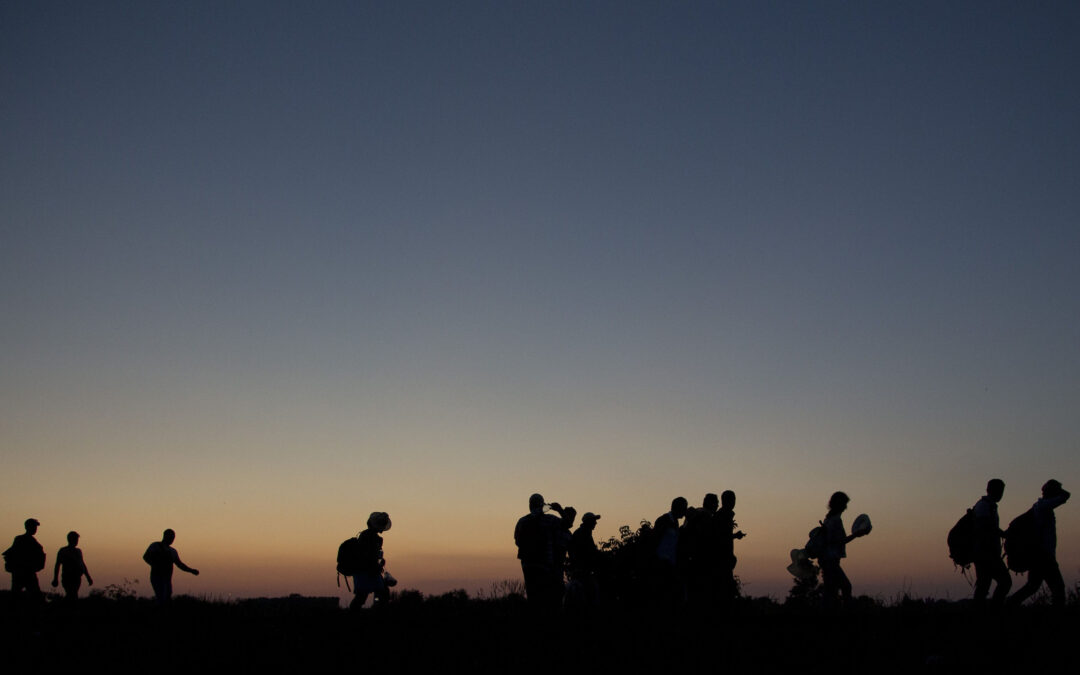
May 5, 2017 | Advocacy, News, Publications
The ICJ has published a set of Principles on the Role of Judges and Lawyers in relation to Refugees and Migrants.
The Principles were developed by the ICJ on the basis of consultations with senior judges, lawyers, and legal scholars working in the field of international refugee and migration law (including at the 2016 Geneva Forum of Judges & Lawyers), as well consultations with States and other stakeholders on a draft version during the March 2017 Human Rights Council session, and other feedback.
The Principles seek to help judges and lawyers, as well as legislators and other government officials, better secure human rights and the rule of law in the context of large movements of refugees and migrants. They are intended to complement existing relevant legal and other international instruments, including the New York Declaration, as well as the Principles and practical guidance on the protection of the human rights of migrants in vulnerable situations within large and/or mixed movements being developed by the OHCHR.
The Principles address the role of judges and lawyers in relation to, among other aspects:
- determinations of entitlement to international protection;
- deprivation of liberty;
- removals;
- effective remedy and access to justice;
- independence, impartiality, and equality before the law;
- conflicts between national and international law.
The Principles, together with commentary, can be downloaded in PDF format by clicking here: ICJ Refugee Migrant Principles 2017.
They are also available in Spanish, French and Arabic.
The ICJ formally launched the published version of the Principles at a side event to the June 2017 session of the Human Rights Council (click here for details), where their importance and utility were recognised by the UN Special Rapporteur on the human rights of migrants, as well as representatives of UNHCR and the OHCHR.
The ICJ had earlier released the final text in connection with the Thematic Session on “Human rights of all migrants” for the UN General Assembly Preparatory Process for the Global Compact for Safe, Orderly and Regular Migration to be held in Geneva 8-9 May 2017, where in an oral statement the ICJ was able to highlight the potential utility of the Principles in the development of the Compact.
The ICJ further promoted consideration of the Principle, in an oral statement to the Human Rights Council.
More information about the process of development of the Principles, including the list of participants to the 2016 Geneva Forum, is available here.
The consultations, preparation and publication of the Principles was made possible with the financial support of the Genève Internationale office of the Republic and Canton of Geneva, for which the ICJ is grateful.
For further information, please contact ICJ Senior Legal Adviser Matt Pollard, matt.pollard(a)icj.org
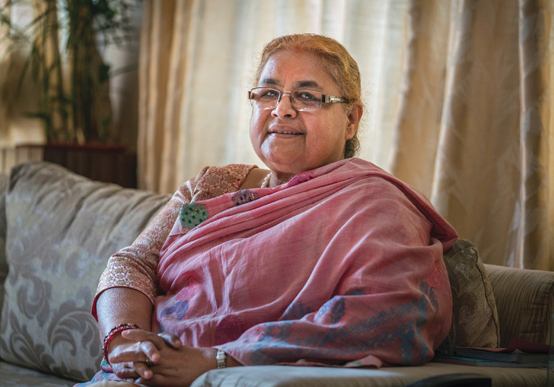
May 2, 2017 | News
The Nepali legislature should immediately reject the unprecedented motion filed on 30 April 2017 to impeach Chief Justice Sushila Karki because it threatens the independence of the judiciary and the rule of law, said the ICJ today.
“This impeachment motion, the first against a sitting Chief Justice in Nepal’s history, raises very serious concerns about the independence of Nepal’s Supreme Court and the separation of powers in the country,” said Matt Pollard, who heads the ICJ’s Center for the Independence of Judges and Lawyers.
“The impeachment motion seems timed to suspend Chief Justice Karki just as she was scheduled to hear a politically controversial case,” he added.
The impeachment motion comes in the wake of the decision of the full bench of the Supreme Court, chaired by Justice Karki, to revoke the Cabinet’s 12 February decision to appoint a new Inspector General of Nepal Police evidently in violation of existing processes and regulations.
The motion to impeach Chief Justice was sponsored by two ruling parties, Nepali Congress and Nepal Communist Party (Maoist Center), pursuant to Article 101(2) of Nepal’s 2015 Constitution.
This provision allows for an impeachment motion against the chief justice to be moved by one-fourth of the members of the Legislature–Parliament on the grounds of “serious violation of the Constitution and law, his or her incompetence, misbehavior or failure to discharge the duties of his or her office in good faith or serious violation of code of conduct.”
Justice Karki is scheduled to retire on 7 Jun 2017, when she reaches the mandatory retirement age.
“The timing of the impeachment action, so close to the Chief Justice’s scheduled retirement, gives credence to suspicions that it is aimed at preventing her participation in judicial activity during the next few weeks,” Pollard said.
Filing the impeachment motion immediately resulted in the suspension of the Chief Justice from her duties, pursuant to Article 101(6).
“The impeachment process under Article 101 does not comply with international standards on the independence of the judiciary, as the ICJ has pointed out repeatedly in its analysis of the 2015 Constitution,” Pollard added, referring to the ICJ’s Briefing Paper on the Constitutional Draft. “This recent motion starkly demonstrates the problems with the Constitutional provision.”
Nepal’s judiciary, including the Supreme Court, had also recently been criticized by officials in the ruling parties and the military in relation to a number of high profile human rights cases.
“Nepal’s Judiciary has been instrumental protecting human rights, rule of law and enforcement of the Nepal’s obligation under international law,” Pollard said.
“The Nepali judiciary as an institution has strengthened and has gained international respect for its independence, so it should be celebrated and strengthened, instead of being subject to this kind of legislative attack,” he added.
The ICJ calls on the Government of Nepal and ruling parties to withdraw the impeachment motion against the Chief Justice in order to ensure judicial independence and the appropriate separation of powers under the rule of law in the country.
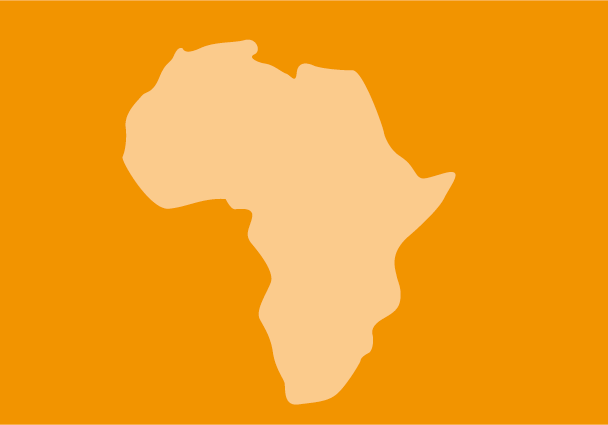
Mar 30, 2017 | News
The ICJ expressed its hope today that an arrangement reached between four judges of the High Court and Botswanan President Ian Khama along with Chief Justice Dibotelo would serve to restore the effective functioning of the High Court and its critical role in the administration of justice.
The settlement resulted in Justices Key Dingake, Modiri Letsididi, Ranier Busang and Mercy Garekwe withdrawing a petition and letter they had written complaining about what they considered to be a range of deficiencies in the justice system, as well as a failure of leadership in judicial administration.
The President and executive, for its part, discontinued pursing allegations of misconduct and bringing the name of the judiciary into disrepute against the judges and disestablished the impeachment tribunal that had been set up to try them.
The ICJ had previously expressed its concern about the process of the impeachment of the judges and the impact of the impeachment proceedings on judicial independence and impartiality in Botswana.
The ICJ was also concerned that impeachment proceedings would not accord with the principles of the right to fair trial.
“This settlement paves the way for the four judges to resume their normal duties,” said Arnold Tsunga Director of the ICJ.
“The Botswana executive and judicial officials charged with administration of the justice can now focus their attention on addressing the very real challenges facing the justice system in the country,” Tsunga added.
The ICJ reminds the Botswana authorities of their duty to guarantee the independence, impartiality and accountability of the judiciary under international law, including the International Covenant on Civil and Political Rights and the African Charter on Human and Peoples Rights, treaties to which Botswana is a party.
Contact
Arnold Tsunga, ICJ Regional Director for Africa, t: +27 716405926or +263 777 283 249; e: arnold.tsunga(a)icj.org
Background
The ICJ recalls that the four judges were suspended under section 97 of the Botswana Constitution on allegations of misconduct and bringing the name of the judiciary into disrepute.
The suspension was precipitated by a signed petition directed to the Chief Justice. In the petition the judges objected, among other things, to alleged poor conditions of service, as well as disparaging comments the Chief Justice was said have made about another judge’s ethnicity and defamatory statements related to corruption.
The petition also advocated for the Chief Justice’s impeachment and was copied to all judges of the High Court.
The Chief Justice and the President took issue with the contents and tone of the petition, alleging it to be disrespectful of the Chief Justice and causing disrepute of the judiciary in the eyes of members of the public.
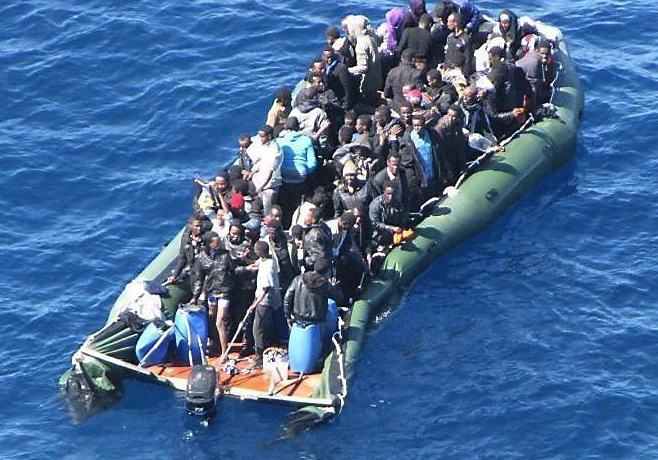
Mar 8, 2017 | Events, News
During March to April 2017 the ICJ conducted consultations on draft Principles and Guidelines on the role of judges and lawyers in relation to large movements of refugees and migrants.
The initial consultation meeting took place in Geneva on Thursday, 9 March 2017, 15:00 – 16:30 at the Palais des Nations, Room XXI.
At this side event the ICJ presented and received feedback from States and civil society on draft ICJ Principles on the Role of Judges and Lawyers in relation to Large Movements of Refugees and Migrants.
The Principles were developed by the ICJ on the basis of consultations with senior judges, lawyers, and legal scholars working in the field of international refugee and migration law. The ICJ published the final version of the Principles, together with commentary, in May 2017.
The Principles seek to help judges and lawyers, as well as legislators and other government officials, better secure human rights and the rule of law in the context of large movements of refugees and migrants. They are intended to complement existing relevant legal and other international instruments, as well as the Principles and practical guidance on the protection of the human rights of migrants in vulnerable situations within large and/or mixed movements being developed by the OHCHR.
The final version of the Principles is available here.
More information about the earlier consultations and overall process of development of the Principles is available here.
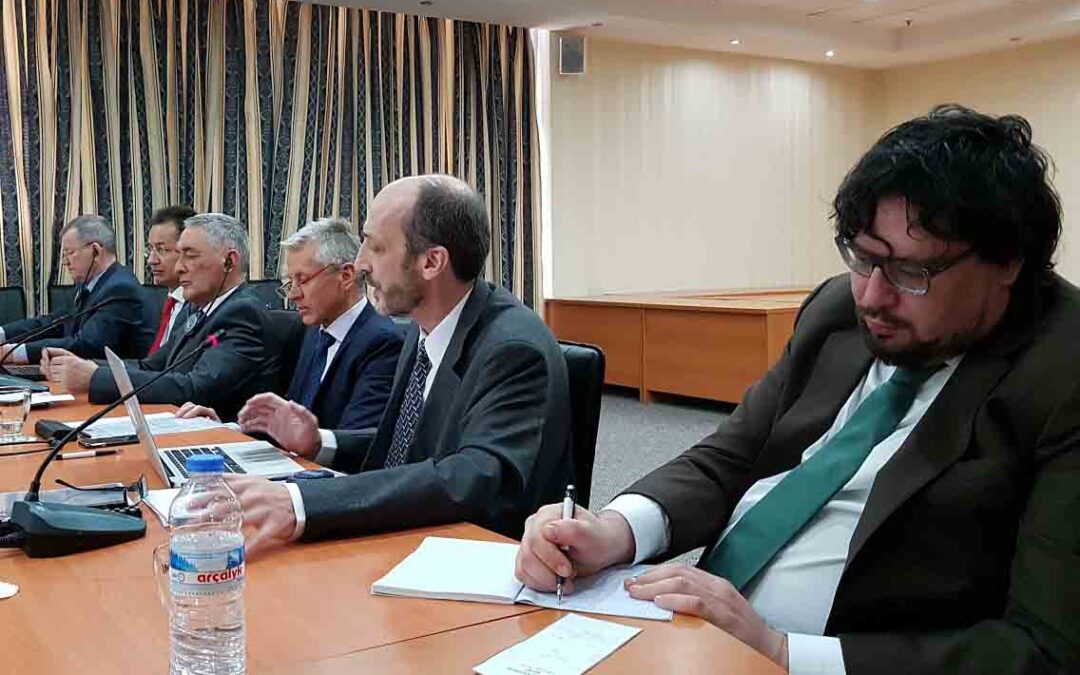
Feb 2, 2017 | News
Today, the ICJ in cooperation with the the Supreme Court of Turkmenistan holds a seminar on Comparative Approaches to Judicial Ethics.
The seminar, supported by the European Union, will be attended by judges of the Supreme Court of Turkmenistan as well as other judges.
ICJ experts, including Judge Vladimir Borissov, former judge of the Supreme Court of Kazakhstan, Judge Georg Stawa, the President of the European Commission for the Efficiency of Justice (CEPEJ), and others will present comparative perspective and international standards related to the judicial ethics, accountability and guarantees for judges.
This is the second such event the ICJ holds in Turkmenistan. The first event, organized in June 2016, was dedicated to the issue of international obligations in national courts.
Turkmenistan-Judicial ethics seminar-News-web story-2017-RUS (full story in Russian, PDF)
Turkmenistan-Seminar Ethics-Agenda-2017-ENG (agenda in English, PDF)
Turkmenistan-Seminar Ethics-Agenda-2017-RUS (agenda in Russian, PDF)









